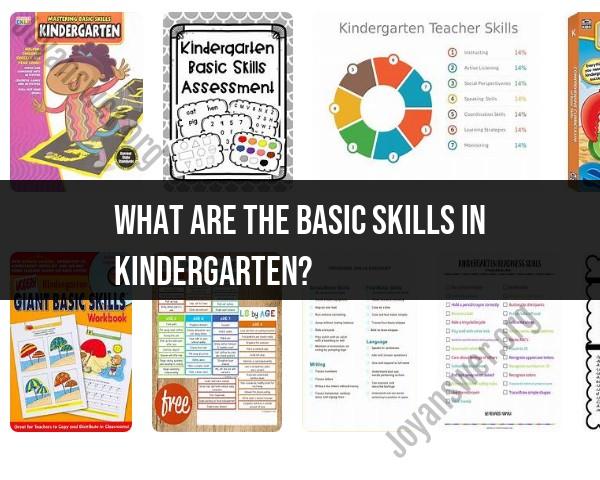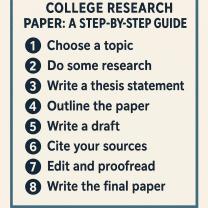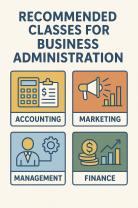What are the basic skills in kindergarten?
Kindergarten is a critical stage in a child's educational journey, and it focuses on developing fundamental skills that serve as building blocks for future learning and success. The basic skills emphasized in kindergarten education typically include:
Language and Communication Skills:
- Developing oral language skills by engaging in conversations and discussions with teachers and peers.
- Building vocabulary through stories, songs, and rhymes.
- Learning to express thoughts and ideas clearly.
Phonemic Awareness:
- Recognizing and manipulating individual sounds (phonemes) in words.
- Learning to identify and create rhyming words.
Early Literacy Skills:
- Recognizing and naming the letters of the alphabet.
- Understanding that letters represent sounds (phonemic awareness) and can be combined to form words.
- Developing pre-reading skills, such as tracking from left to right and top to bottom.
Emergent Reading Skills:
- Exploring books and printed materials.
- Recognizing sight words (commonly used words that do not necessarily follow regular phonetic patterns).
- Developing an understanding of story structure (beginning, middle, end).
Emergent Writing Skills:
- Learning to hold a pencil or crayon correctly.
- Experimenting with drawing, writing, and making marks on paper.
- Copying or writing letters, names, and simple words.
Mathematical Concepts:
- Counting and recognizing numbers from 1 to 10 or higher.
- Recognizing basic shapes (e.g., circles, squares, triangles, rectangles).
- Understanding simple math concepts, such as more/less, addition, and subtraction through hands-on activities.
Number Recognition and Counting:
- Counting objects to determine quantity.
- Associating numbers with sets of objects.
Fine Motor Skills:
- Developing fine motor skills necessary for writing and other activities through cutting, drawing, and manipulating small objects.
Gross Motor Skills:
- Developing physical coordination and balance through activities like running, jumping, and playing sports.
Social Skills:
- Learning to share, take turns, and cooperate with peers.
- Developing empathy and understanding the feelings of others.
Emotional and Self-Regulation Skills:
- Understanding and expressing emotions.
- Learning how to manage and cope with feelings, such as frustration and excitement.
Independence and Self-Help Skills:
- Learning to dress, feed, and clean oneself.
- Following routines and taking responsibility for personal belongings.
Listening and Following Directions:
- Practicing active listening and the ability to follow simple instructions from teachers and peers.
Science and Exploration:
- Exploring basic science concepts through hands-on activities, such as observing nature, making simple experiments, and discovering cause and effect relationships.
Art and Creativity:
- Expressing creativity through various art activities, including drawing, painting, and crafting.
Cultural and Social Awareness:
- Learning about diversity, different cultures, and the world around them through stories, songs, and activities.
Kindergarten education is designed to create a strong foundation for further academic and social development. The emphasis on play-based learning, exploration, and social interaction helps young children build essential skills and prepares them for more formal education in later grades.
What are the fundamental academic and social skills taught in kindergarten?
Kindergarten is a critical year in a child's education, as it is the foundation for future learning. In kindergarten, children learn fundamental academic and social skills that will help them succeed in school and in life.
Some of the fundamental academic skills taught in kindergarten include:
- Phonological awareness: The ability to recognize and manipulate the sounds in words.
- Phonics: The relationship between letters and sounds.
- Sight words: High-frequency words that children can recognize instantly.
- Reading comprehension: The ability to understand what is read.
- Writing: The ability to produce legible and meaningful text.
- Math: Basic math concepts such as counting, addition, and subtraction.
Some of the fundamental social skills taught in kindergarten include:
- Self-regulation: The ability to manage one's own emotions and behavior.
- Cooperation: The ability to work with others to achieve a common goal.
- Problem-solving: The ability to identify and solve problems.
- Respect: The ability to treat others with kindness and consideration.
How to assess a child's readiness for kindergarten in terms of basic skills?
There are a number of ways to assess a child's readiness for kindergarten in terms of basic skills. Some of these methods include:
- Parent interviews: Parents can provide valuable information about their child's development and readiness for kindergarten.
- Teacher observations: Teachers can observe children during preschool or other early childhood programs to assess their readiness for kindergarten.
- Standardized assessments: There are a number of standardized assessments that can be used to assess children's readiness for kindergarten.
What are the key components of a kindergarten curriculum, including subjects and activities?
The key components of a kindergarten curriculum include:
- Language arts: Language arts instruction in kindergarten focuses on developing children's phonological awareness, phonics, sight words, reading comprehension, and writing skills.
- Math: Math instruction in kindergarten focuses on developing children's basic math concepts such as counting, addition, and subtraction.
- Science: Science instruction in kindergarten focuses on helping children learn about the natural world through exploration and discovery.
- Social studies: Social studies instruction in kindergarten focuses on helping children learn about themselves, their families, and their communities.
In addition to these core subjects, kindergarten curricula also typically include activities such as music, art, physical education, and social-emotional learning.
How can parents support and reinforce the basic skills learned in kindergarten?
There are a number of things that parents can do to support and reinforce the basic skills learned in kindergarten, including:
- Read to your child every day. Reading to your child helps them develop their phonological awareness, phonics, sight words, and reading comprehension skills.
- Talk to your child about what they are learning in school. This helps them to solidify their understanding of the material and to make connections between their schoolwork and their everyday lives.
- Provide your child with opportunities to practice their basic skills at home. For example, you can play simple math games with your child or help them to write stories and letters.
- Create a positive and supportive learning environment at home. This means providing your child with a quiet place to study and with the materials they need to be successful.
What are some effective teaching strategies for kindergarten teachers to develop these skills?
There are a number of effective teaching strategies that kindergarten teachers can use to develop children's basic skills, including:
- Use hands-on, engaging activities. Children learn best by doing. Kindergarten teachers should use a variety of hands-on activities to teach children basic skills.
- Provide explicit instruction. Children need to be explicitly taught basic skills such as phonological awareness, phonics, and sight words.
- Give children plenty of opportunities to practice. Children need to practice basic skills in order to master them. Kindergarten teachers should provide children with many opportunities to practice throughout the day.
- Use positive reinforcement. Positive reinforcement helps children to stay motivated and to learn new skills. Kindergarten teachers should praise children for their efforts and for their progress.
By using these effective teaching strategies, kindergarten teachers can help children develop the basic skills they need to succeed in school and in life.












